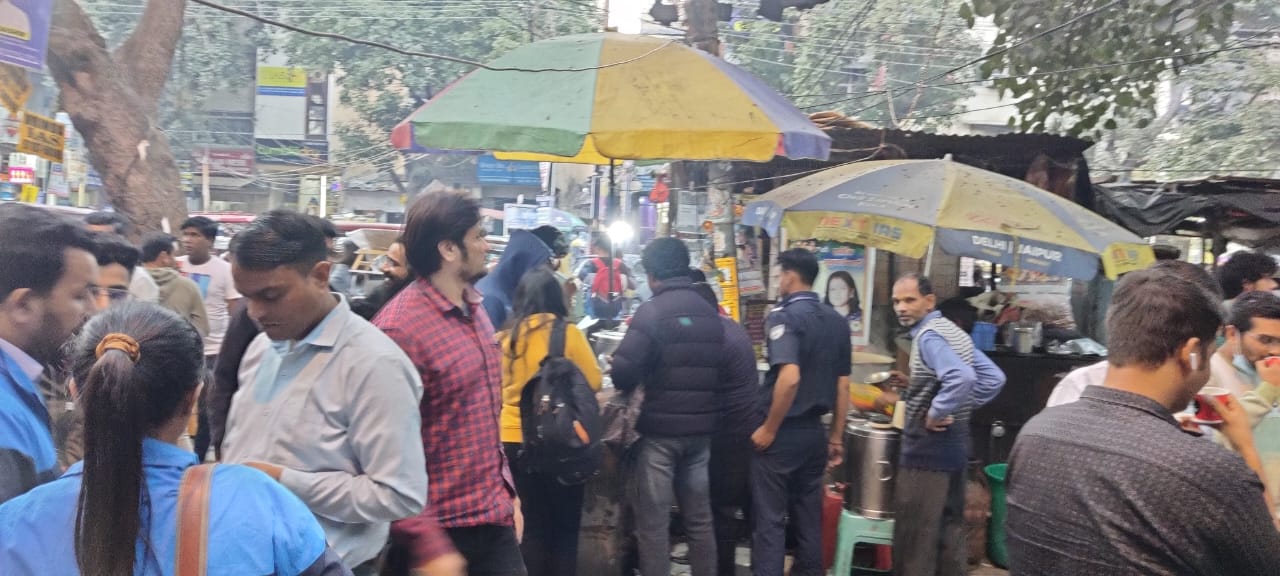
Informal spaces
Informal spaces typically refer to physical or virtual environments that are not regulated or governed by strict formal structures, rules, or hierarchies. These spaces are characterized by a more relaxed and flexible atmosphere, allowing for informal interactions, conversations, and activities to take place. In physical terms, informal spaces can include areas such as parks, cafes, community centers, or even the spaces between buildings in a city. These spaces often encourage socialization, casual gatherings, and spontaneous interactions between people. They provide opportunities for individuals to connect, share ideas, and engage in informal discussions without the constraints imposed by formal settings. In the context of virtual environments, informal spaces can refer to online platforms, forums, social media groups, or chat rooms where individuals can engage in informal conversations and exchanges of information. These spaces are often less structured and offer more freedom for individuals to express themselves, ask questions, and participate in discussions on various topics of interest. Informal spaces are important as they foster a sense of community, facilitate networking, and encourage creativity and innovation. They can provide a platform for people to express their ideas, collaborate on projects, and build relationships in a more relaxed and informal manner. These spaces often play a crucial role in supporting social interactions, fostering social cohesion, and enhancing overall well-being within communities.
Definition of informal spaces by UN habitat: Informal or spontaneous settlements are settlements whereby persons, or squatters, assert land rights or occupy for exploitation of land which is not registered in their names, or government land, or land legally owned by other individuals.
When referring to "informal spaces" in India, it could encompass various aspects such as street vending, informal settlements, and unregulated markets. Here are some resources that provide information on the legal framework and related documents concerning informal spaces in India:
1. Street Vendors (Protection of Livelihood and Regulation of Street Vending) Act, 2014: This law provides protection and regulation for street vendors in India, recognizing their right to carry out their trade. You can find the act here: http://nulm.gov.in/Document/Policy%20&%20Acts/Street%20Vendor%20Act.pdf
2. National Urban Livelihoods Mission (NULM): NULM is a centrally sponsored scheme launched by the Ministry of Housing and Urban Affairs, Government of India, which aims to alleviate poverty and provide support to urban street vendors and other vulnerable urban workers. More information can be found on the official website: http://nulm.gov.in/
3. Pradhan Mantri Awas Yojana (PMAY): PMAY is a government initiative launched in 2015 to provide affordable housing for all by the year 2022. The scheme aims to address the housing needs of the urban poor, including those living in informal settlements. Details about PMAY can be found here: https://pmay-urban.gov.in/
4. National Policy on Urban Street Vendors, 2009: This policy document provides guidelines for the regulation and management of street vending in urban areas. You can access the document here: http://nulm.gov.in/Document/Policy%20&%20Acts/National%20Policy%20on%20Urban%20Street%20Vendors.pdf
5. National Urban Policy Framework, 2018: This framework document outlines the government's approach to urban development, including aspects related to informal settlements and urban poverty. You can find the document here: https://smartnet.niua.org/sites/default/files/resources/National%20Urban%20Policy%20Framework_0.pdf
Ongoing Researches
Antastic is also involved in some ongoing research topics, such as urban agriculture and studentification to find out the people's conditions and societal needs. So, we as a tech company build things as per people's needs and demands.
- Urban agriculture on the Yamuna floodplain, Delhi.
- Studentification of Old Rajinder Nagar, Delhi.